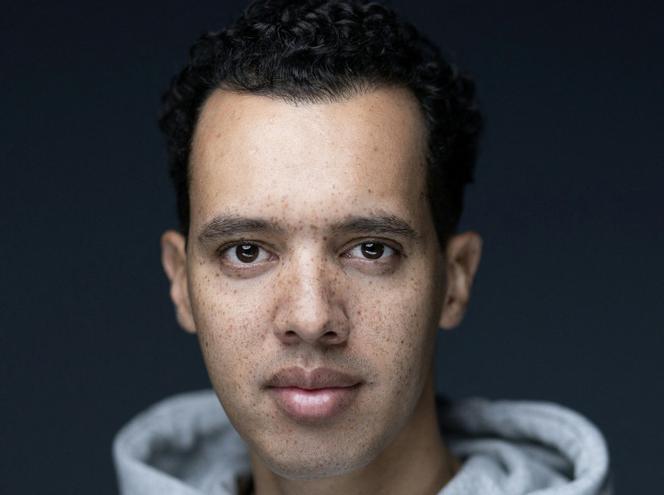


The Prix Renaudot, a French literary price, went to Jacaranda by Gaël Faye, the jury announced on Monday, November 4, from the Parisian restaurant Drouant, in the wake of the Goncourt's attribution to Houris by Kamel Daoud. Initially started as a joke in the 1920s by journalists killing time while waiting for the jury of the prestigious Goncourt, the Renaudot is now considered one of France's top awards.
Thirty years after the genocide of the Tutsis in Rwanda, a novel about life in the shadow of the massacres has won this award. Jacaranda is the second novel by Faye, born in Burundi in 1982 to a Rwandan mother and French father. He has been living in Kigali for the past 10 years. The literary debut of this slam poet, a former City of London financier, has been widely acclaimed: In 2016, Petit Pays (Small Country) won, among others, the Goncourt prize decided by high schoolers, before selling 1.5 million copies, being translated worldwide, adapted into comics and made into a film (by Eric Barbier, in 2020).
Jacaranda is not a sequel to Petit Pays, which was set in Burundi, Rwanda's neighbor, where the young narrator, Gabriel, lived. But it does extend it, notably by bricking back the character of Gabriel's aunt, Eusébie, whose children were murdered. In Jacaranda, she gives birth to a little girl four years after the genocide, and we see young Stella grow up until 2020, with a mother convinced that she must be fine, since she is a child of the aftermath.
Stella is the youngest character in the novel. The narrator, Milan, born in France to a French father and a Rwandan mother who is silent about her country and its history, belongs to the generation before hers. In 1994, he is in 6th grade, in Versailles, when Rwanda "came into [his] life through the television," and the scenes of horror absorbed at dinnertime, without a word being exchanged around the table. "At home, the viewer's sensitivity was swallowed up like a mouthful of silence. Which ended up inflicting terrible stomach aches on me." Rwanda then takes the bandaged face of Claude, a survivor his own age, whom the family takes in for a while without explanation.
In 1998, his mother takes Milan back to her homeland for the first time, where she continues to evade her son's questions, while he reunites with Claude. He also meets his grandmother, Eusébie, who has just given birth to Stella, and Rosalie, the little girl's great-grandmother. He discovers the vitality of Kigali and Claude's gang, which gathers around Sartre, a charismatic man who has created a "Palace" for orphans. Milan returns in 2005, to study the work of the gacaca courts for reconciliation and to hear accounts of the massacres, then in 2010, when he will make his home. The reader meets him and his fellow characters again in 2015 and 2020.
You have 27.81% of this article left to read. The rest is for subscribers only.
